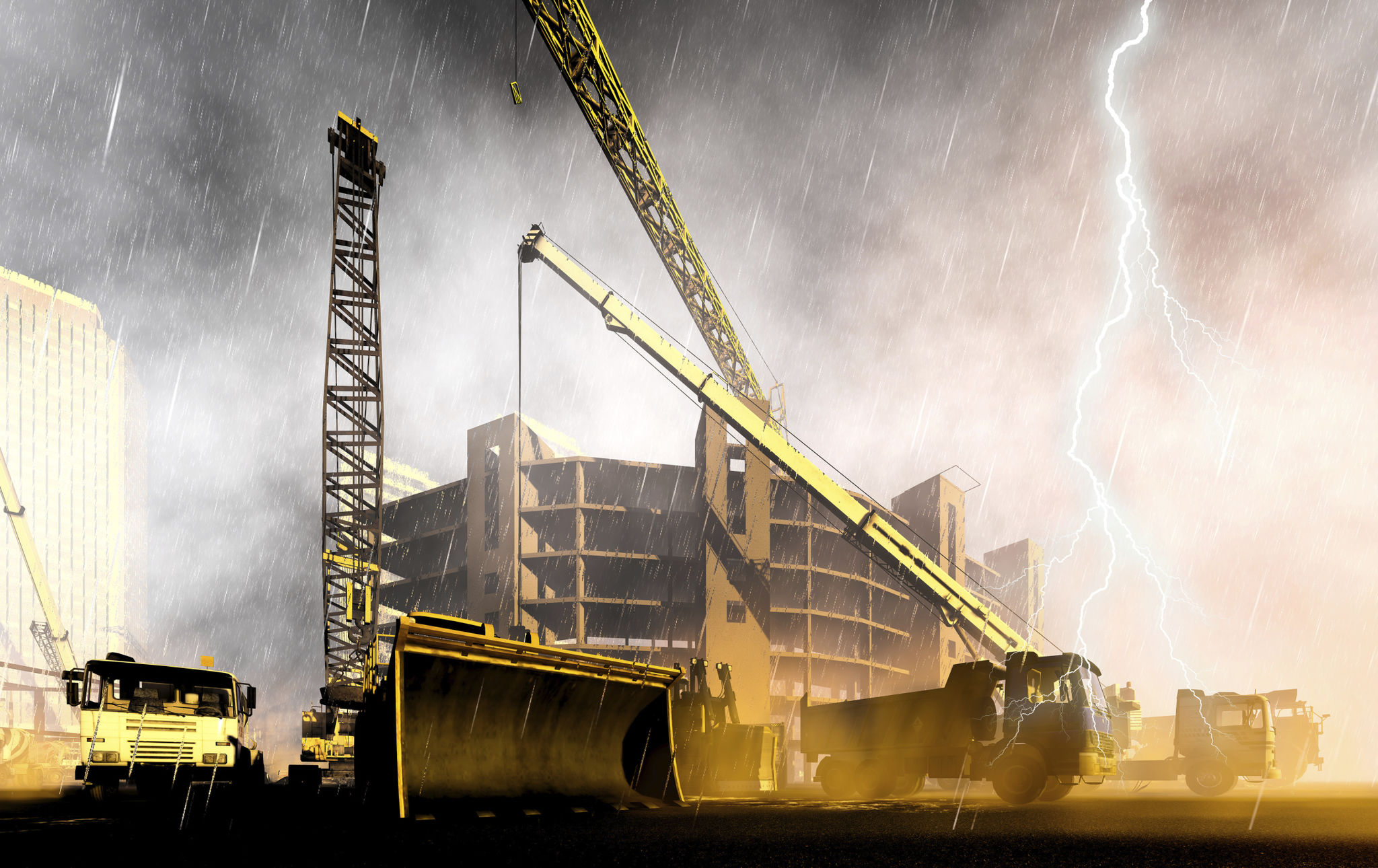Case Study: Successful Scaffold Installation Projects in South Australia
Introduction to Scaffold Installation in South Australia
Scaffolding plays a pivotal role in construction projects, providing necessary support and access for workers. In South Australia, the demand for reliable scaffold installation has been steadily increasing, driven by infrastructure development and renovation projects. This case study explores some successful scaffold installation projects in the region, highlighting best practices and innovative approaches.

The Importance of Proper Scaffold Installation
Ensuring safety and efficiency in construction sites begins with proper scaffold installation. A well-designed scaffold not only provides a secure platform for workers but also enhances productivity by facilitating easy access to different building sections. In South Australia, stringent safety standards guide scaffold installations to minimize risks and ensure compliance with regulatory requirements.
Key Safety Standards
South Australia enforces rigorous safety standards to protect workers and the public. These standards include guidelines on scaffold design, load capacity, and regular inspections. Compliance with these regulations is crucial for preventing accidents and ensuring the structural integrity of scaffolds.

Innovative Scaffold Solutions
Several projects in South Australia have embraced innovative scaffold solutions to overcome unique challenges. From custom designs for heritage building preservation to advanced modular systems for high-rise construction, these projects showcase the adaptability of modern scaffolding technologies. Such innovations not only enhance safety but also contribute to cost-effectiveness and project timelines.
Case Study: Heritage Building Renovation
One notable project involved the renovation of a historic building in Adelaide. The challenge was to install a scaffold that provided access without compromising the building's structural integrity. The solution was a customized scaffold design that distributed weight evenly across strategic points, enabling safe renovations while preserving the building's heritage value.

Challenges Faced During Scaffold Installations
Despite advancements in technology, scaffold installations can present various challenges. Weather conditions, limited site space, and complex architectural designs often require tailored solutions. In South Australia, experienced scaffold companies are adept at navigating these obstacles through strategic planning and resource management.
Weather Considerations
Adverse weather conditions such as strong winds or heavy rain can impact scaffold stability. To address this, scaffold designs incorporate features like wind braces and waterproof covers, ensuring safety and minimizing delays. Regular weather monitoring is also a standard practice to anticipate and mitigate potential risks.

Conclusion: The Future of Scaffolding in South Australia
The future of scaffolding in South Australia looks promising, with continuous improvements in safety standards and technological innovations. As the construction industry evolves, so too must the approaches to scaffold installation and maintenance. The projects highlighted in this case study exemplify how adaptability and innovation are key to successful outcomes.
By prioritizing safety, compliance, and efficiency, South Australia's scaffold installations will continue to support ambitious construction projects while protecting workers and preserving the region's architectural heritage.
